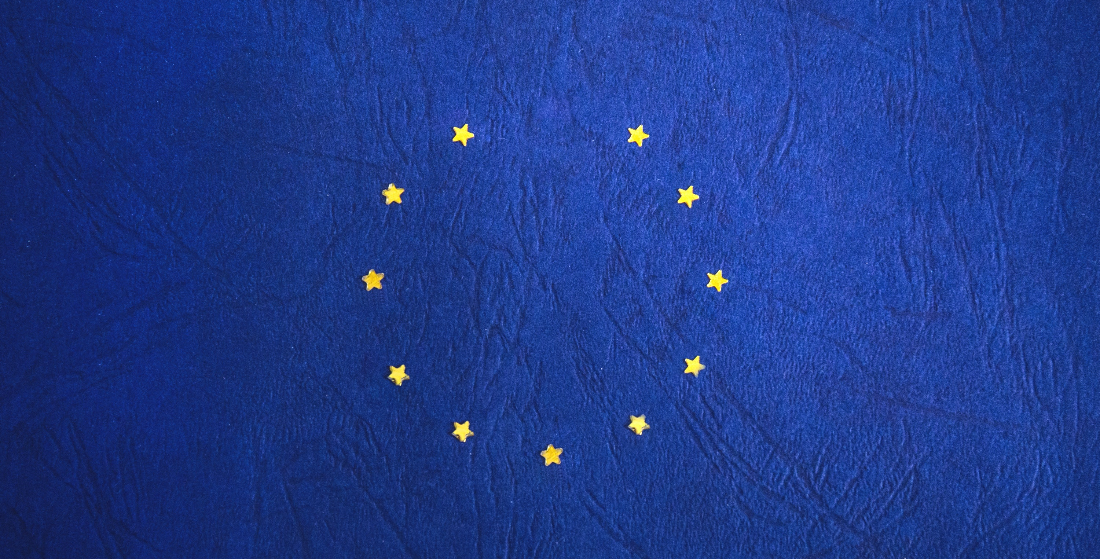Emerging winners and losers of Brexit in 2021
Britain’s departure from the EU after 47 years shocked the country and the world, but it is also unsurprising considering the steadily growing sense of “euroskepticism” in Britain following the 2008 Financial Crisis. It was a vote that divided a nation on matters of sovereignty, economy, and an evolving sense of nationalism. And in the case of the UK-EU divorce, there are some clear emerging winners and losers after the country finally left at the end of 2020.

Players with Big Wins
UK Covid-19 response
While the UK failed to contain the virus’ spread as effectively as some of its European neighbours, it has demonstrated a massively superior response rate by procuring 28 million doses for its population of 66.7 million people compared to the 60 million vaccines for the EU’s population of 447.7 million. It may not seem directly indicative of any winning efforts it has in the context of the separation, but the UK seems to have fared well without EU regulations on vaccinating its populace.
Britain’s employment sector
Many Brexit arguments centred around the possibility of a huge GDP drop for Britain, but the opposite seems to be happening. The EU has not been able to successfully provide the conditions for better GDP growth in the face of Covid-19, unlike the UK’s decidedly swift and aggressive procurement of Covid-19 vaccines, making them the clear winner.
These developments allow Britain’s employment sector to thrive as the nation is already aiming for the reopening of its restaurants, pubs, and theatres to stimulate the economy for jobs by the end of 2021. In contrast, the EU’s unemployment rate pre-pandemic was dismal compared to the UK’s post-pandemic rate of 5%. Combine that with stunted vaccine rollouts, and it may spell even higher unemployment rates as the year progresses.
Forex traders
Fortunately, a no-deal Brexit was avoided and the GBP didn’t suffer too much — especially since the devastating devaluation in 2016 is still very much on people’s minds. While the GBP isn’t quite in the clear, Fin SMEs highlights how volatility is actually a good thing for forex traders. After all, FXCM points out that forex traders earn by buying low and selling high, which means that the continuous movements of currencies can be an endless source of opportunity. The good news though is that the GBP is one of the most traded currencies in the world, and London is the global capital for forex. This is evident in how despite all the setbacks the sterling traded higher than the dollar at the end of 2020, and many traders are looking to emerge as winners of the Brexit saga in 2021.
Despite these wins, not all groups have emerged from Brexit as winners. Many sectors have suffered as a result of the move, impacting many Brits and Europeans.
Losers in the Brexit game
Food and agriculture sectors
One of the biggest concerns surrounding Brexit was the border limitations that would inevitably affect imports and exports between the EU and the UK. The result was a mass stockpiling from UK retailers and consumers that caused supply chain issues and shortages. Both parties are at a loss here. For instance, the UK’s reliance on the warmer climate of other European partners for freshly imports during the winter months was met with delays. Shortages and delays were common occurrences for seafood along Scottish borders and supermarkets elsewhere.
Logistics industry
Logistics, travel, and shipping have also suffered. Both parties lose here as restrictions are imposed for flights within and outside of the EU. However, the UK will enjoy special provisions from airlines that are controlled by EU and UK shareholders, such as the Madrid-based international airline group that owns British Airways. With Brexit in full swing, the movement of goods and people will be subject to time-consuming procedures such as passport requirements, visas, permits, and border checks.
Pharmaceutical industry
With people in need of medicines now more than ever, pharmaceutical companies have raised several pressing concerns. Brexit inevitably came with different sets of standards as well as delays in distribution resulting from tighter border controls and scattered manufacturers. Drug stockpiling occurred, and COVID vaccine manufacturers such as GlaxoSmithKline and AstraZeneca had to set up separate labs in the EU, illustrating how one of the ill effects of the separation is the doubled need for resources with half the efficiency.
It wasn't too long ago that all odds seemed to be stacked against the UK for leaving the EU. However, things look to be on the road to recovery. Only time will tell whether the UK manages to emerge as the overall winner on different fronts after Brexit, and with the divorce papers in development, there’s much hope that the EU will eventually be, too.





